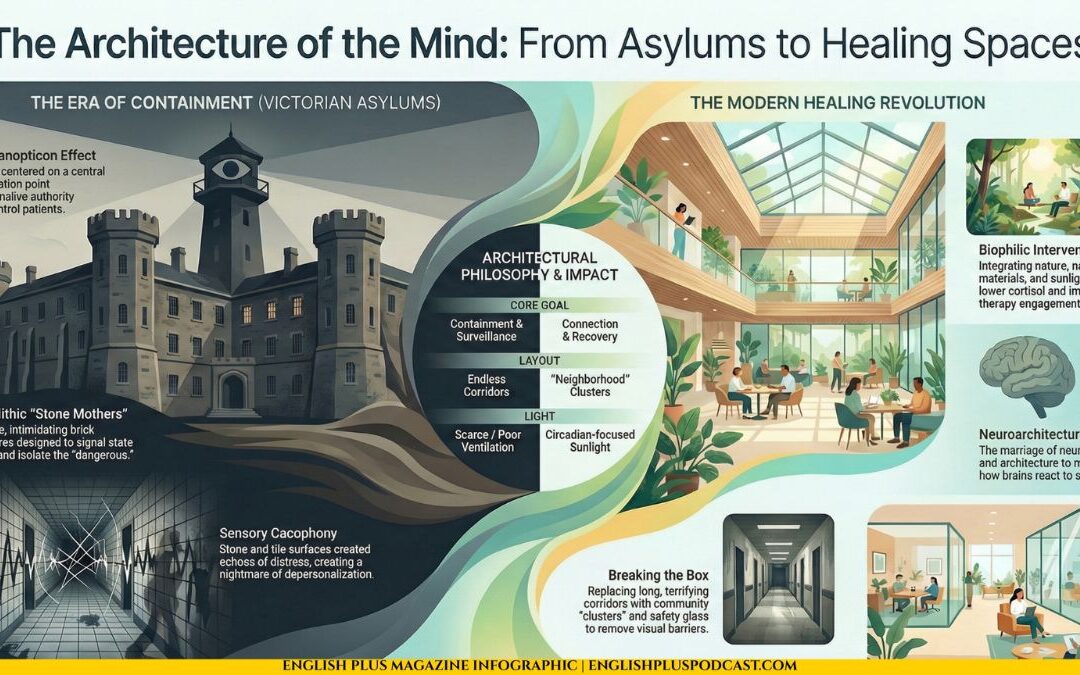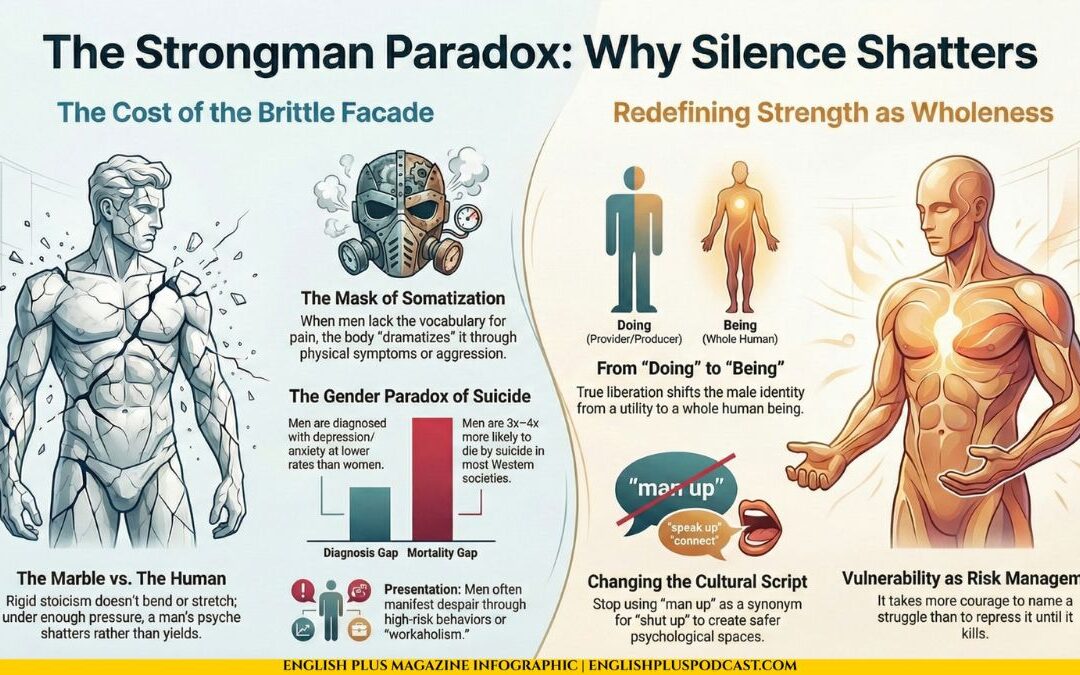Mahatma Gandhi’s quote, “Learn as if you will live forever, live like you will die tomorrow,” encapsulates a profound philosophy of life. It encourages a balance between the pursuit of knowledge and the appreciation of each moment. In this article, we will explore the meaning of this quote, its appropriate and inappropriate uses, and provide examples to illustrate these points.
The Meaning of the Quote
The quote is a call to adopt two complementary attitudes:
- Lifelong Learning: Embrace learning and personal growth with the mindset that you have an endless amount of time. This encourages continuous education, curiosity, and the pursuit of wisdom.
- Living Fully: Approach each day with the awareness that life is fleeting. This promotes mindfulness, gratitude, and a zest for life, ensuring that you make the most of every moment.
Appropriate Usage of the Quote
Understanding when to use Gandhi’s quote can add depth and inspiration to your communication. Here are some situations where it is particularly fitting:
1. Encouraging Continuous Education
- Context: When motivating someone to never stop learning and growing.
- Example: “As you embark on this new journey of learning, remember Gandhi’s words: ‘Learn as if you will live forever, live like you will die tomorrow.’ Stay curious and keep expanding your knowledge.”
2. Inspiring Mindfulness
- Context: When reminding someone to live in the present and appreciate the small joys of life.
- Example: “During stressful times, it helps to remember Gandhi’s advice: ‘Live like you will die tomorrow.’ Take a moment to enjoy the beauty around you.”
3. Balancing Work and Life
- Context: When advising on the importance of balancing professional aspirations with personal fulfillment.
- Example: “Pursue your career goals with passion, but don’t forget Gandhi’s wisdom: ‘Live like you will die tomorrow.’ Make time for the people and activities you love.”
4. Overcoming Procrastination
- Context: When encouraging action and the avoidance of putting things off.
- Example: “Don’t wait to start your dream project. ‘Live like you will die tomorrow’ and take the first step today.”
Inappropriate Usage of the Quote
While the quote offers valuable insight, using it in the wrong context can diminish its impact. Here are instances where it might not be appropriate:
1. Justifying Reckless Behavior
- Inappropriate: Using the quote to excuse irresponsible actions or dangerous choices.
- Example: “I’m going to spend all my savings on a whim because ‘Live like you will die tomorrow.'”
- Better: “While it’s important to live fully, it’s also wise to plan for the future.”
2. Neglecting Responsibilities
- Inappropriate: Applying the quote to avoid fulfilling important obligations.
- Example: “I won’t bother studying for my exams because ‘Learn as if you will live forever, live like you will die tomorrow.'”
- Better: “Balance your time effectively to ensure you meet your responsibilities while also enjoying life.”
3. Overemphasizing One Aspect
- Inappropriate: Focusing solely on living in the moment without considering the importance of lifelong learning.
- Example: “I’m not interested in furthering my education because I want to ‘live like I will die tomorrow.'”
- Better: “Strive for a balance between enjoying the present and investing in your future through learning.”
Real-Life Examples of the Quote
Positive Example
Jane is a dedicated professional who loves her job but also values personal growth. She takes night classes to learn new skills and spends her weekends exploring nature and enjoying time with family. Jane embodies Gandhi’s quote by balancing her quest for knowledge with a deep appreciation for life’s everyday moments.
Negative Example
Tom lives recklessly, often ignoring the long-term consequences of his actions. He spends impulsively and neglects his health, justifying his behavior with “Live like you will die tomorrow.” Eventually, Tom realizes that this misinterpretation of the quote has led to financial troubles and health issues. He learns to embrace the full meaning of Gandhi’s words, incorporating a more balanced approach to life.
Mahatma Gandhi’s quote, “Learn as if you will live forever, live like you will die tomorrow,” provides profound guidance for leading a fulfilling life. It encourages a harmonious blend of continuous learning and mindful living. By understanding when and how to apply this wisdom, you can inspire yourself and others to lead a balanced, enriched life.
Expand Your Vocabulary
Enhance your understanding of Mahatma Gandhi’s quote by exploring these ten important words and expressions mentioned in the article. Understanding these terms will help you use them effectively in everyday English.
- Philosophy
- Meaning: A set of ideas or beliefs about the fundamental nature of knowledge, reality, and existence.
- Context: The quote represents a profound philosophy of life, encouraging a balance between learning and living fully.
- Usage: She studies philosophy to understand different perspectives on life’s big questions.
- Lifelong Learning
- Meaning: The ongoing, voluntary, and self-motivated pursuit of knowledge for personal or professional development.
- Context: The quote encourages lifelong learning, suggesting we should always strive to gain new knowledge.
- Usage: Lifelong learning helps individuals stay relevant and adapt to changes in their careers.
- Mindfulness
- Meaning: The quality or state of being conscious or aware of something, especially focusing on the present moment.
- Context: The quote promotes mindfulness, encouraging people to appreciate each day as if it were their last.
- Usage: Practicing mindfulness can reduce stress and improve mental clarity.
- Curiosity
- Meaning: A strong desire to know or learn something.
- Context: Embracing curiosity is essential for continuous education and personal growth.
- Usage: His curiosity about different cultures led him to travel the world.
- Procrastination
- Meaning: The action of delaying or postponing something.
- Context: The quote motivates against procrastination, urging immediate action and appreciation of time.
- Usage: Overcoming procrastination can lead to higher productivity and less stress.
- Balance
- Meaning: A condition in which different elements are equal or in the correct proportions.
- Context: Achieving a balance between learning and living fully is central to the philosophy of the quote.
- Usage: Work-life balance is crucial for maintaining health and well-being.
- Reflective Practices
- Meaning: Activities or exercises that involve careful thought and consideration, often about one’s experiences or actions.
- Context: Reflective practices can help assess how well one is balancing learning and living.
- Usage: Keeping a journal is a great reflective practice for personal growth.
- Perspective
- Meaning: A particular attitude towards or way of regarding something; a point of view.
- Context: Gaining new perspectives through lifelong learning can enrich one’s understanding of the world.
- Usage: Travel provides new perspectives on different cultures and ways of life.
- Gratitude
- Meaning: The quality of being thankful; readiness to show appreciation for and to return kindness.
- Context: Practicing gratitude is part of living like you will die tomorrow, appreciating every moment.
- Usage: She expresses gratitude for the small joys in her life daily.
- Fulfillment
- Meaning: Satisfaction or happiness as a result of fully developing one’s abilities or character.
- Context: The quote encourages actions that lead to personal fulfillment through learning and living fully.
- Usage: Achieving personal goals can bring a deep sense of fulfillment.
Let’s Talk
Engage with the deeper implications of Gandhi’s quote by reflecting on these thought-provoking questions. Consider discussing them with friends and family to gain a broader perspective.
- Personal Growth:
- How do you currently approach learning and personal development? Do you feel you are investing enough time in expanding your knowledge?
- Mindfulness:
- How often do you practice mindfulness and appreciation for the present moment? What changes can you make to live more fully each day?
- Balancing Act:
- What challenges do you face in balancing the pursuit of knowledge with enjoying life’s moments? How can you better manage this balance?
- Procrastination:
- Are there areas in your life where you tend to procrastinate? How can Gandhi’s quote motivate you to take action now?
- Life’s Priorities:
- How do you prioritize your responsibilities and passions? What adjustments can you make to align more closely with Gandhi’s philosophy?
- Cultural Differences:
- Do you think the concept of lifelong learning and living fully is viewed differently in various cultures? How might cultural norms influence the interpretation of this quote?
- Inspirational Figures:
- Can you think of any individuals, either famous or personal acquaintances, who embody Gandhi’s quote? What can you learn from their example?
- Future Planning:
- How do you plan for the future while also making the most of the present? What strategies help you maintain this balance?
- Impact on Relationships:
- How does your approach to learning and living affect your relationships with others? Are there ways to enhance your connections by adopting Gandhi’s advice?
- Reflective Practices:
- What reflective practices can you implement to regularly assess how well you are balancing learning and living fully? How can these practices help you grow?
By contemplating these questions, you can deepen your understanding of Gandhi’s quote and its relevance in various aspects of life. Share your thoughts and experiences in the comments below, and let’s start a meaningful conversation!











0 Comments